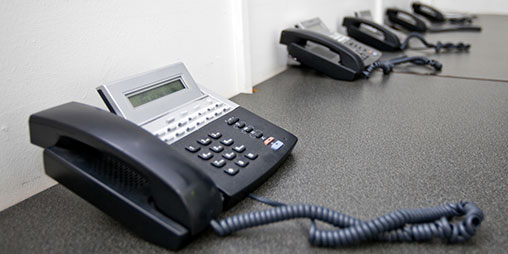FCC Issues $2.96 Million Fine for Robocalling Violations

Last week, the FCC issued its self-described “largest forfeiture order” to date for robocalling violations. The Commission announced the $2.96 million fine against a travel company based in Tampa, Florida, and its owner, for making or initiating at least 185 prerecorded calls promoting travel deals to over 142 consumers. The majority of these consumers had their telephone numbers listed on the Do-Not-Call Registry.
The federal Telephone Consumer Protection Act (TCPA) restricts telemarketing and the use of automated telephone equipment. It requires prior express consent in writing for any advertising robocalls to cell phones and residential phones, as well as text messages, and faxes. The statute touches on virtually every industry, and poses a growing threat to any company that uses text messages, telephone calls, and faxed messages, to communicate with consumers. Enacted in 1991, the TCPA has recently been reinvigorated by the prevalence and rapid evolution of digital communications.
The FCC may enforce the rules of the TCPA on its own as it did in the case of this travel company. Consumer complaints prompted the investigation and subsequent finding that the company and its owner “willfully” violated the statute. Because the TCPA imposes strict statutory penalties of $500 per negligent violation and up to $1,500 per willful or knowing violation, the 185 calls “willfully” made by this company resulted in the hefty fine. With many marketing campaigns frequently involving thousands of calls or more, the potential exposure for companies through large nationwide class sizes is alarming. These high-exposure class actions are becoming increasingly attractive to plaintiffs’ attorneys and the law’s four-year statute of limitations adds to the vulnerability for companies who communicate with consumers. In July of this year, the FCC released a declaratory ruling and order clarifying certain TCPA provisions and strengthening consumer protections under the statute.

